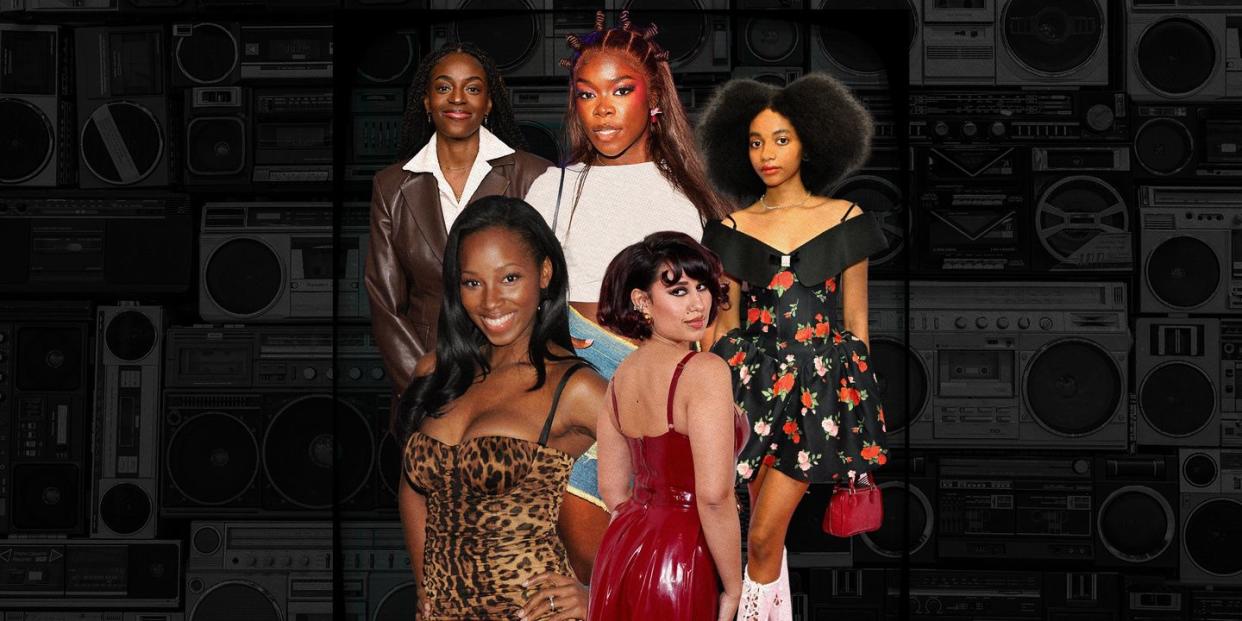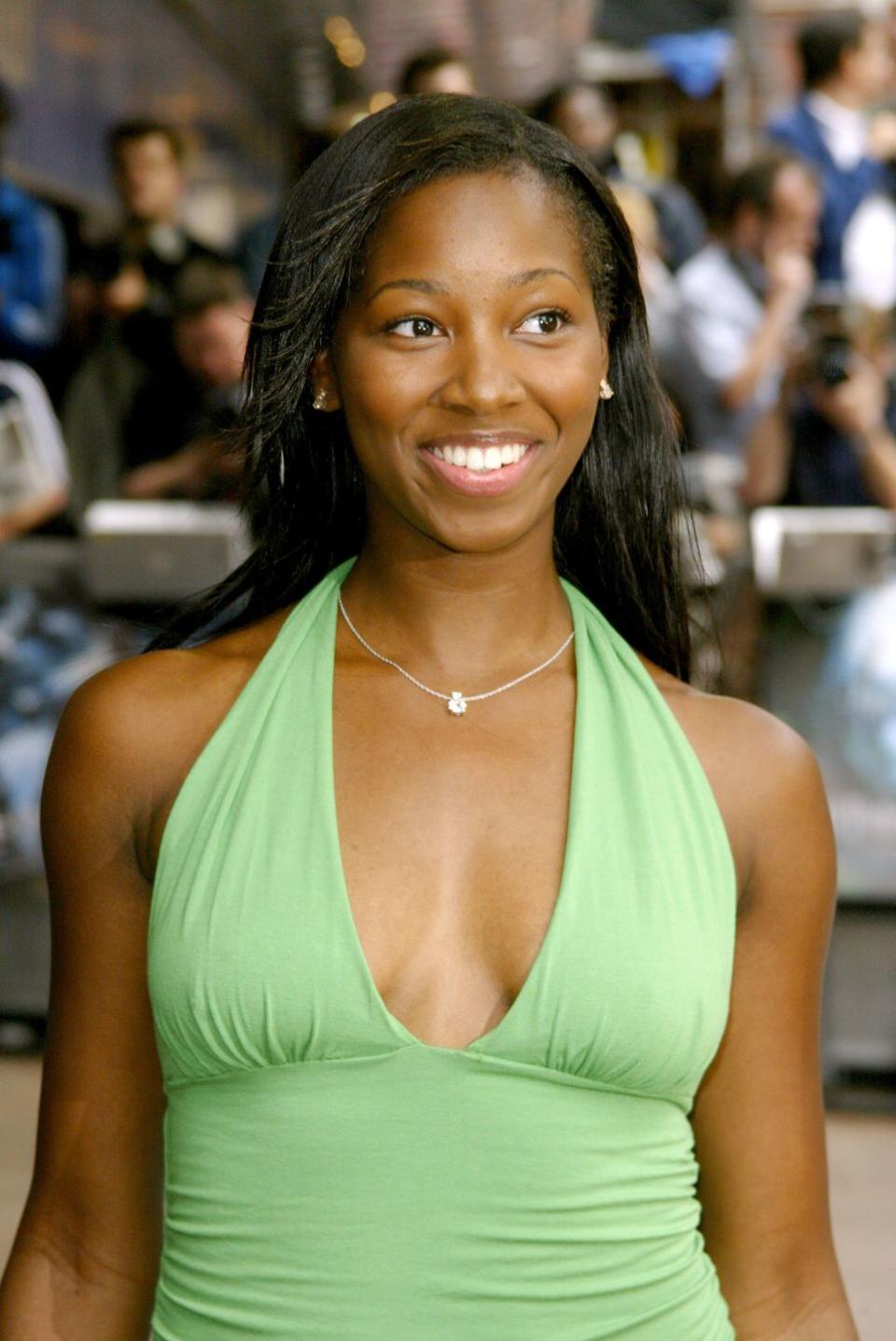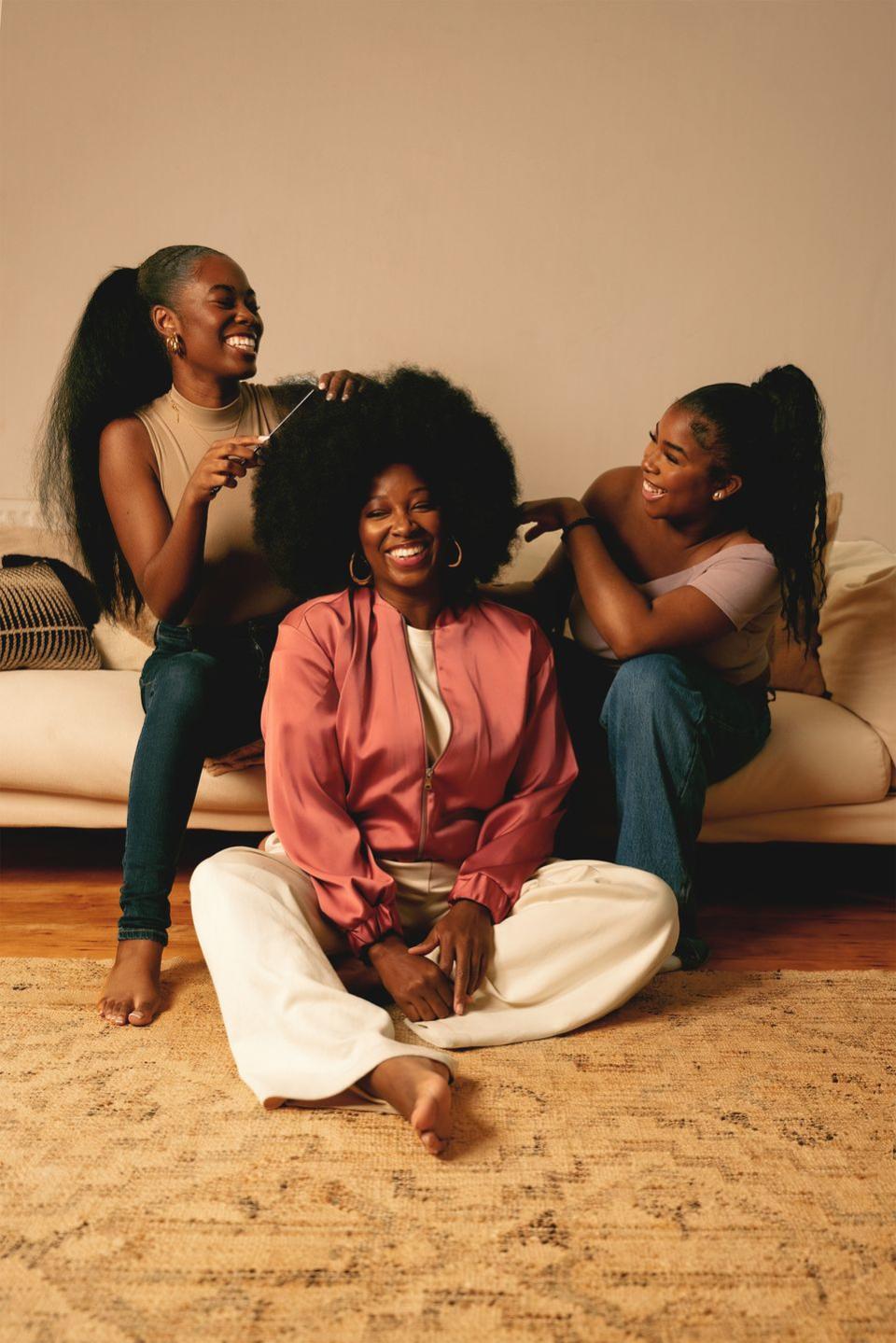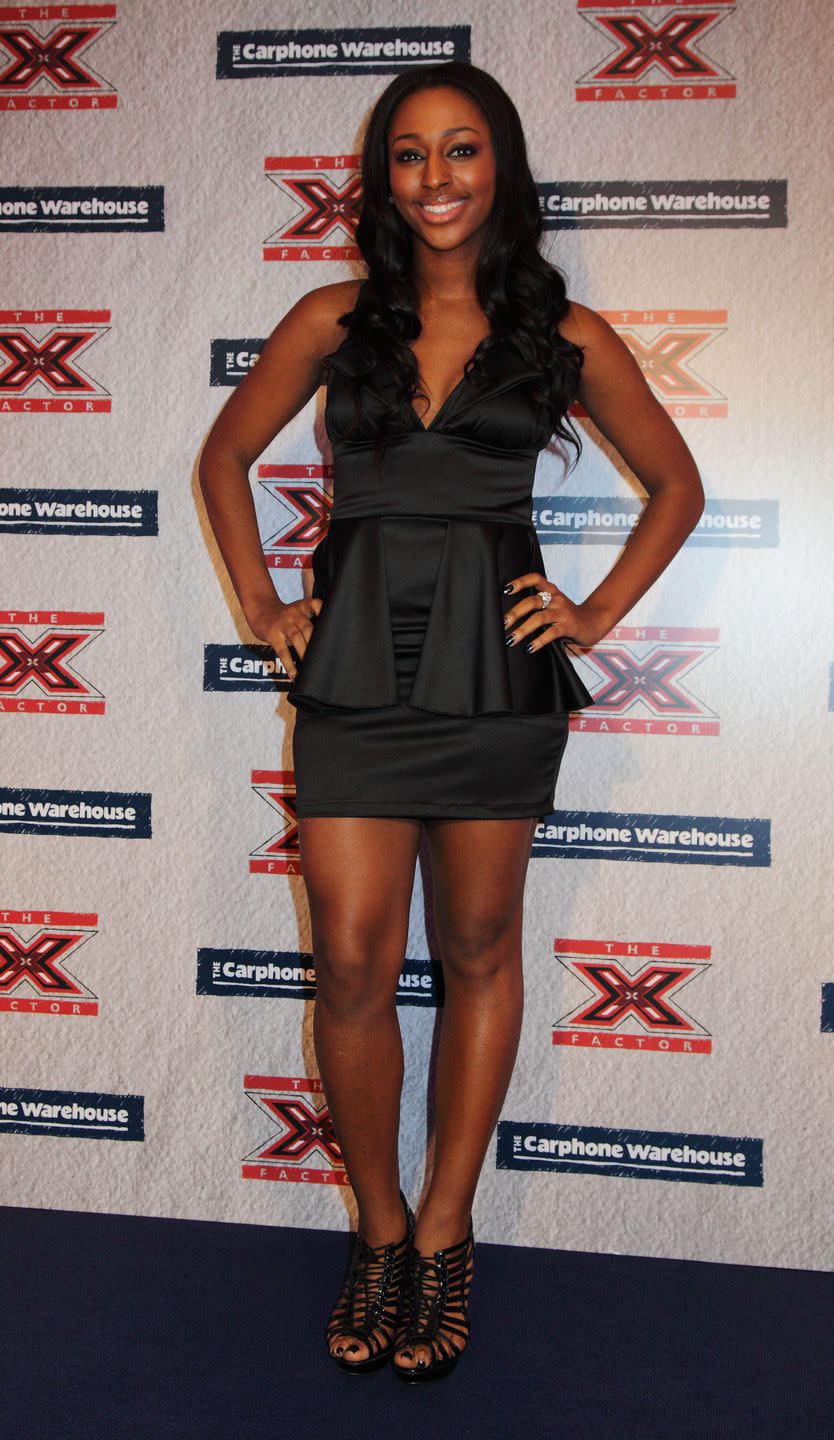Why are Black British female musicians still having to fight 'marketable' beauty myths?

I saw the video on Instagram stories. Emerging Black British singer ?yanna giving a presentation to her record label (Atlanta-based LVRN), where she spoke about YouTube comments praising her voice but saying she’d never get signed with her ‘look’. Saying that she wasn’t marketable as a dark-skin Black girl with Bantu knots. Standing in front of the team that signed her, she’d proven those commenters wrong. At first, I was happy, I was proud, I shared her triumph, and then I was annoyed. Why are Black women still being seen as a product that doesn’t sell?
Just like the long-touted belief in my industry, that a magazine wouldn’t sell with a Black girl on the cover (which I can tell you from Cosmo sales alone is completely untrue), I hear the same from the UK music industry. Despite Black women making up a huge proportion of global greats since modern recording began in the 1920s, Black female singers in Britain aren’t a big focus for the industry and often achieve far greater success in the US. The ones we do see in the mainstream are typically light-skinned and/or mixed-race, slim, and often ? of a girl band. This is not a new topic, and even I blamed a lot of it on the public, it being down to what sells. But then why do we consume so much music from Black female US musicians here in the UK?
Looking at ?yanna’s Bantu knots or 18-year-old FlowerovLove’s (Joyce Cisse) huge beautiful afro, I’m noticing a shift in this new generation that is making me see things in another light.
A generational shift
Growing up alongside the natural hair movement’s embrace of Afro textures, and with a heavy cultural focus on individuality, it’s understandable that Gen Z Black girls are more confident wearing natural hairstyles and feel less pressure to conform.
“Any criticism I’ve ever had has been overshadowed by my desire to just do what feels right to me.” 24-year-old ?yanna told me. “I’ve had people say my hair isn’t ‘marketable’ but I don’t acknowledge those ideas. I’d rather think about what feels good, and the message I want to send. I want people to see me and feel encouraged to express themselves. Black girls especially.”
To her, wearing her Bantu knots isn’t a bold statement of defiance, it’s just her existing as she is; “I’ve always loved my Bantu knots, I have baby pictures of me with tiny little Bantu knots. So I’ve never second guessed having my hair like this, because it’s an authentic part of who I am.”
As a child in the '00s, the only dark-skin Black British solo star I vividly remember was Jamelia. Now natural, she’s spoken about rarely seeing her hair texture in the industry, and always wearing it straight as a result. After hearing that, I reached out to her and asked if she thinks she would have been signed with natural hair, or had as much success; “My natural hair might have caused some challenges back then. I would hope that the success of my music would be about the music itself and transcend above my physical appearance. But I can’t say it wouldn’t have been a problem at all as I felt the societal pressure to conform.”

In my teens, we had Alexandra Burke who revealed in a poignant Instagram video that after she won the X Factor she was told she couldn’t wear her hair in braids or an afro, as she needed to appeal to white audiences. 15 years later those views are still spouted, and that’s why seeing artists like ?yanna proudly wearing her bantu knots means so much.
Research from haircare brand SheaMoisture found that Black and mixed heritage women over 45 were 24 times more likely to conform to societal pressures when it came to their hair than 18-21-year-olds. But is Gen Z’s heartening confidence to wear their hair naturally, all that’s behind these young artists looks? I don’t think so.

Past generations of artists may not have felt confident wearing their hair naturally, but to view it as simply a matter of their choice, is to ignore the limitations and conditions placed on their careers. That's context we need to unpack to understand the significance of the shift we're now seeing.
Industry-led limitations
In Leigh-Anne Pinnock’s Race, Pop and Power documentary, Alexandra Burke, Raye, Keisha Buchanan and NAO sat down to talk about their experiences as Black women in the music industry. They spoke of frustrations of being overlooked, pigeonholed, and not getting the same effort or push from their labels. Burke recalled being told by prospective management: “We already have a Black person” or that she was too dark for the industry, and even; “You need to bleach your skin because you won’t sell any records.”

The barriers to success don’t stop at getting signed, then it’s about how much marketing budget a label spends on you, how much time and manpower is put into your career, what opportunities you’re pushed forward for, what you’re allowed to release, which radio station playlists you get on, which publications profile you.
Artist VV Brown powerfully wrote in The Guardian: “Black female artists are used, abused, discarded and mistreated. The patterns of disparity are undeniable. Our careers have quicker expiry dates than our white counterparts and we are not promoted or treated with the same intent. There sometimes seems to be a one-in, one-out rule so rampant it can feel like a factory line of disposable blackness.”
Bigger than beauty
I think what we’re seeing now is bigger than evolving beauty standards, or growing confidence. What we’re seeing is Black British female artists able to exist as their authentic selves, in no small part because social media gave a way for artists to bypass the industry gatekeepers and their outdated notions of our marketability. They’ve been proven wrong. Genre, look, identity; the public doesn’t need us to fit your boxes in order to buy into us.
Just look at Cat Burns blowing up from TikTok. Record execs didn’t know who the market was for her, a queer, guitar-playing, dark skin, indie-pop, singer-songwriter. She didn’t fit into the genre or identity boxes laid out for Black women, and she struggled to get signed. But she connected with millions directly from her own platform, blowing up those narrow-minded concerns.
Look at the astronomic success of racially ambiguous Raye once she became an independent artist, free from a label she felt whitewashed by, saying in the Race, Pop and Power documentary that as a fair-skinned mixed-race woman she was made to ‘suppress’ her Blackness. With no clear race identity ‘box’ for her or her art, she wasn’t allowed to put out her authentic music. Steered into dance music, she described that period in her career as her being disposable: “A rent-a-voice vocal that can be hired when needed for a big moment in chart music.”
Good enough to write for Beyoncé and feature on dance hit after dance hit, but not good enough to release an album in her seven years with the label? Her independent debut album My 21st Century Blues went on to chart internationally and was nominated for both the Mercury Prize and the Brits' Album of the Year awards. With a record-breaking seven Brit nominations, she's now the artist with most nominations in a single year ever, since the awards began in 1977.
As a fan who adored her early music, I spent years craving more, sad she wasn't putting out music I connected with anymore. Finding out the truth of why made me sad and furious. I can't express the fire and pride in me that her monumental triumph now ignites.
From Arlo Parks’ critic-captivating blend of indie/folk/RnB, to deliciously nostalgic girl band Flo showing we can be more than ? of the group, it’s clear there is public appetite for Black female UK artists, in all our diverse, multi-dimensional individuality. Pressure to conform to white beauty standards is the physical manifestation of all the ways our marketability is policed; the genres we can make, the personas we have to have. Seeing these beauty standards defied is a marker of so much more shifting. For Black women, it’s always more than ‘just hair’.
Racism, colourism, texturism and featurism are all very real impediments to popularity for Black women in the public eye, but that’s only compounded by industry shot-callers writing us off, repackaging us, or underestimating our appeal because of that. And they’re underestimating the public too.
?yanna, who is signed to a US label, said it all when she told me; “Sometimes I think UK labels are running on an outdated system, with old ideas of what stardom looks like. But I don’t want aspiring Black female artists to feel disempowered by that. Social media is more useful than it has ever been and it’s changing lives. Completely bypass any organisation, person or system that ignores you or doesn’t see you, and make history your own way. Soon they’ll have no choice but to catch up.”
Follow Elena on Instagram
You Might Also Like
